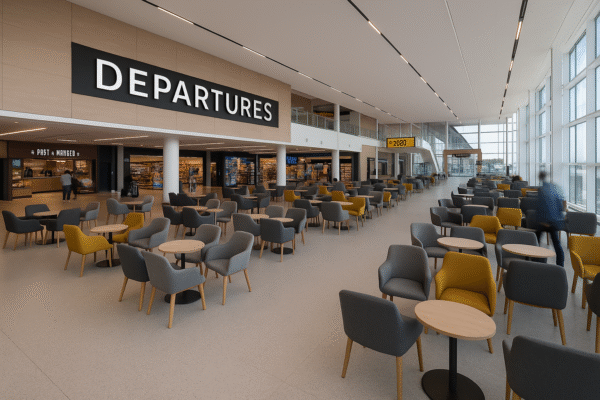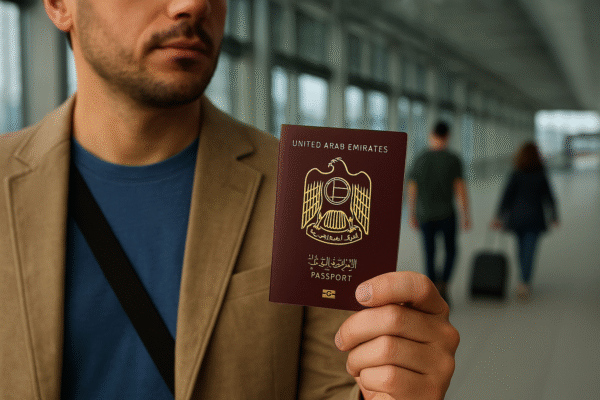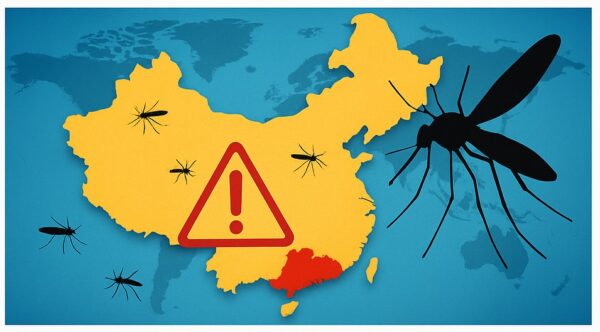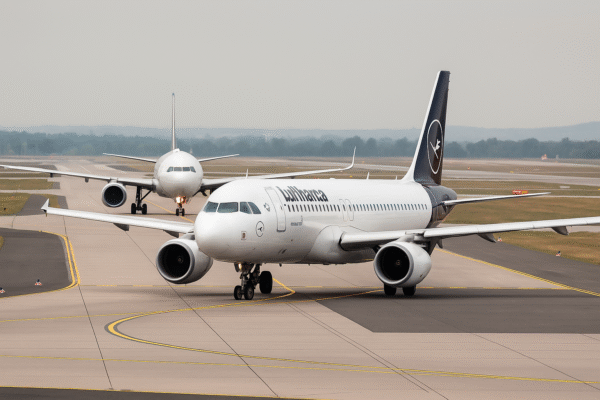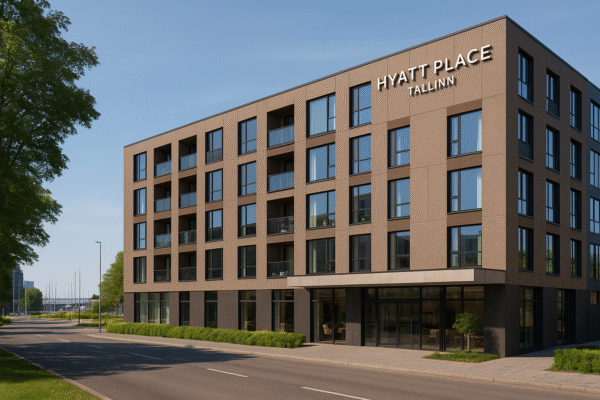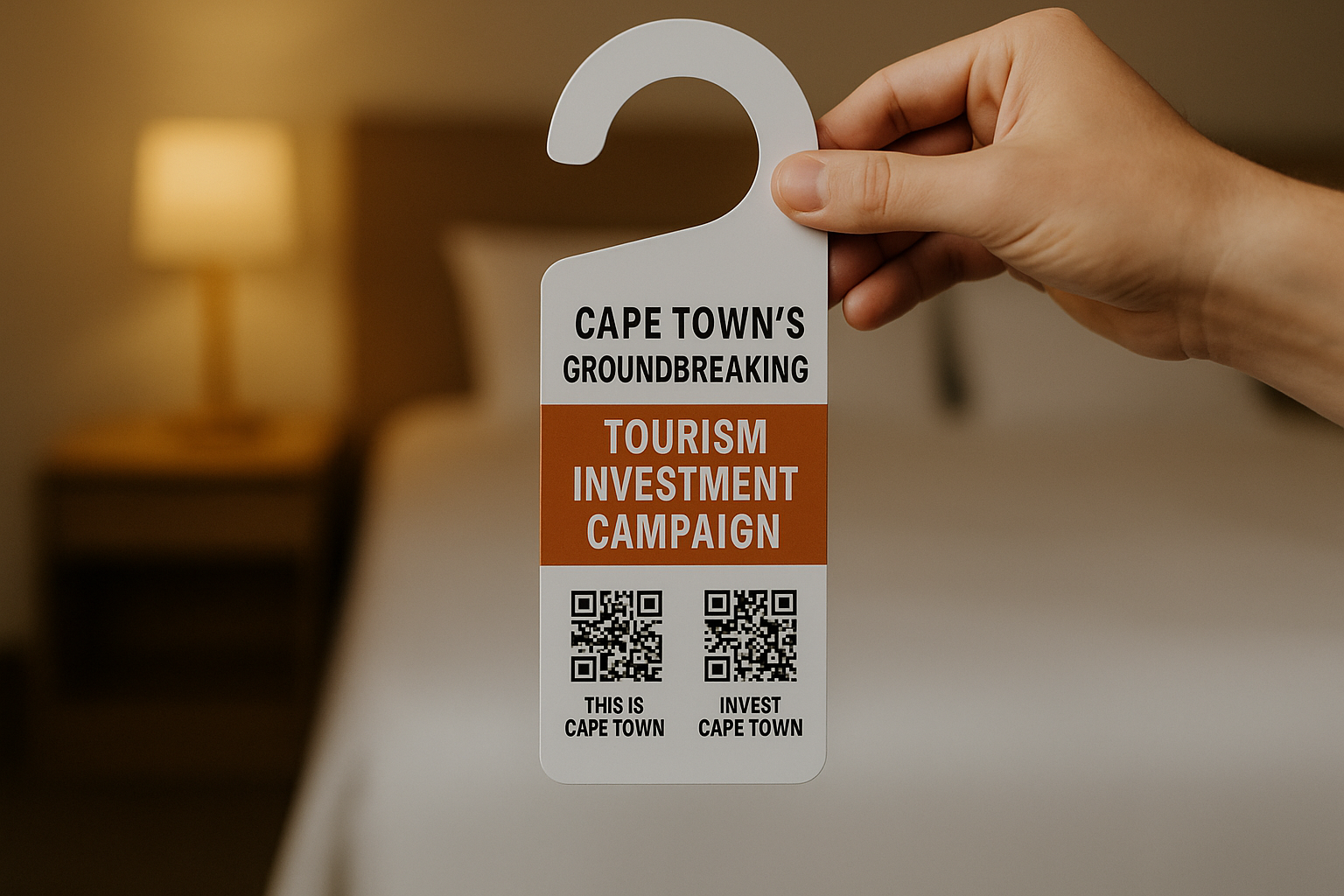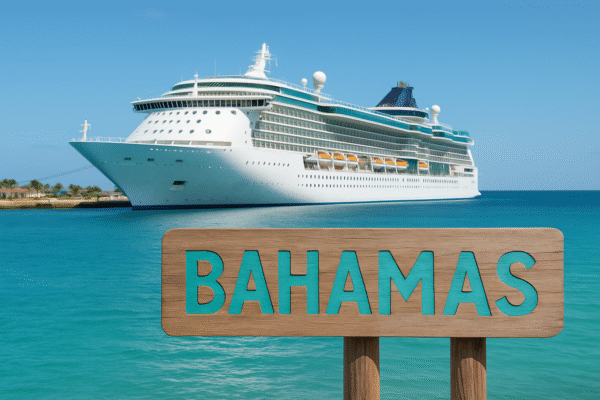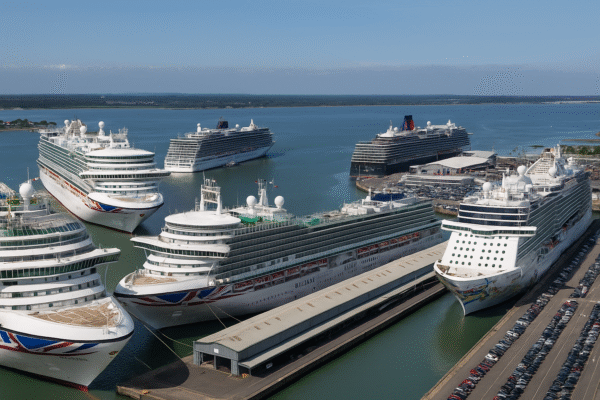Cape Town has unveiled a groundbreaking tourism and investment campaign that leverages simplicity, strategic timing, and direct engagement to position the city as a premier global destination. Introduced during the 2025 Hotel & Hospitality Expo Africa, the new initiative hinges on a novel but effective idea: placing QR-enabled coat-hanger cards in hotel rooms and guesthouses citywide.
Led by the City of Cape Town’s Economic Growth Directorate, this campaign serves a dual purpose—encouraging tourism exploration while attracting business investment. By placing the cards where visitors stay, the campaign connects at the moment when travelers are most inclined to engage, explore, and invest.
A Simple Concept with Major Strategic Value
According to Alderman James Vos, Mayoral Committee Member for Economic Growth, these coat-hanger cards are more than decorative. Each card contains QR codes linking to two flagship platforms: “This is Cape Town,” a tourism showcase featuring local attractions and experiences, and “Invest Cape Town,” a comprehensive portal for business opportunities and investor resources.
“It’s a simple, tangible way to invite guests to connect with Cape Town’s diverse offerings,” Vos said. “We’re meeting visitors where they are—literally in their rooms—with valuable information that encourages deeper engagement with our city, economically and experientially.”
This campaign comes at a time when the hospitality and tourism sectors are increasingly looking for meaningful and measurable ways to connect with visitors beyond traditional media.
Strength Through Public-Private Partnership
The success of the campaign also hinges on strong collaboration with the hospitality industry. Fedhasa (Federated Hospitality Association of Southern Africa), one of the largest hotel and accommodation advocacy bodies in the region, has been instrumental in distributing the coat-hanger cards across Cape Town’s hospitality network.
Lee-Anne Singer, Chairperson of Fedhasa Cape, lauded the initiative for its elegant efficiency. “By turning something as simple as a coat-hanger card into a digital bridge, we’re converting every guest room into a portal to Cape Town’s attractions and business ecosystem,” she stated.
This synergy between public governance and private enterprise is seen as a model for regional tourism marketing and investment facilitation.
Cape Town’s Rising Tourism Metrics
Cape Town’s tourism metrics continue to rise, providing the perfect foundation for such a campaign. In April 2025, the city’s hotel occupancy hit 64.6%, significantly higher than South Africa’s national average of 56.3%, according to the Southern Africa Tourism Services Association (SATSA).
Meanwhile, the Cape Town & Western Cape Convention Bureau has been making strategic gains in business tourism. In the 2024–2025 fiscal year alone, 36 major conference and event bids were secured, projected to bring over 27,000 delegates to the city by 2028. These conferences are expected to inject R745 million into the local economy, further supporting job creation and local service providers.
A Strategic Five-Point Plan for Growth
The new campaign is only one part of Cape Town’s comprehensive five-point economic growth strategy. According to Alderman Vos, the plan includes:
- Increasing International Air Access: Efforts are ongoing to expand direct international routes to Cape Town International Airport, simplifying travel logistics and improving tourism inflows.
- Expanding Cruise Tourism: Cape Town is ramping up its port infrastructure to accommodate more cruise liners, which are crucial for seasonal tourism.
- Securing Global Conferences and Events: International business events not only boost short-term hospitality revenue but create long-term business opportunities.
- Diversifying Tourism Products: Cape Town is promoting niche activities such as golfing, cycling, and ocean adventures to attract diverse tourist demographics.
- Launching Strategic Campaigns: Targeted initiatives—like the coat-hanger campaign—focus on contextual and behavioral engagement with tourists and investors.
Vos stressed that for every 100 tourists who arrive by air, approximately two direct and indirect jobs are created, emphasizing the economic importance of sustained tourism marketing.
Supporting Niche Tourism Experiences
The city has also launched separate campaigns to promote activity-based tourism. These efforts are promoted through “This is Cape Town” and the City of Cape Town’s official tourism channels, showcasing:
- Scenic cycling routes through Table Mountain National Park and the Cape Winelands.
- Premium golf courses attracting affluent international travelers.
- Ocean-based activities like shark cage diving and kayaking with penguins.
By offering these unique experiences, Cape Town is diversifying its appeal and creating more reasons for extended tourist stays and repeat visits.
Driving Long-Term Investment
The parallel push toward investment is not to be overlooked. Through the “Invest Cape Town” platform, the campaign showcases investment-ready opportunities in technology, agribusiness, green energy, and film production—sectors in which the city is rapidly becoming a continental leader.
Vos emphasized that the city’s marketing approach goes beyond luring tourists—it’s about making Cape Town a place where people want to do business and contribute to sustainable economic growth.
Conclusion
Cape Town’s in-room coat-hanger card campaign may seem like a small gesture, but it represents a forward-thinking, multifaceted strategy to integrate tourism and investment promotion. By engaging visitors directly at their accommodations and providing seamless access to local experiences and business opportunities, the city has created a new blueprint for destination marketing.
With strong industry partnerships, rising tourist figures, and a clear vision for future growth, Cape Town continues to position itself as one of Africa’s most innovative and economically dynamic cities. This campaign is more than just a clever idea—it’s a well-timed, strategic move with the power to leave a lasting impact on the city’s global image and economic prosperity.
For more travel news like this, keep reading Global Travel Wire.



